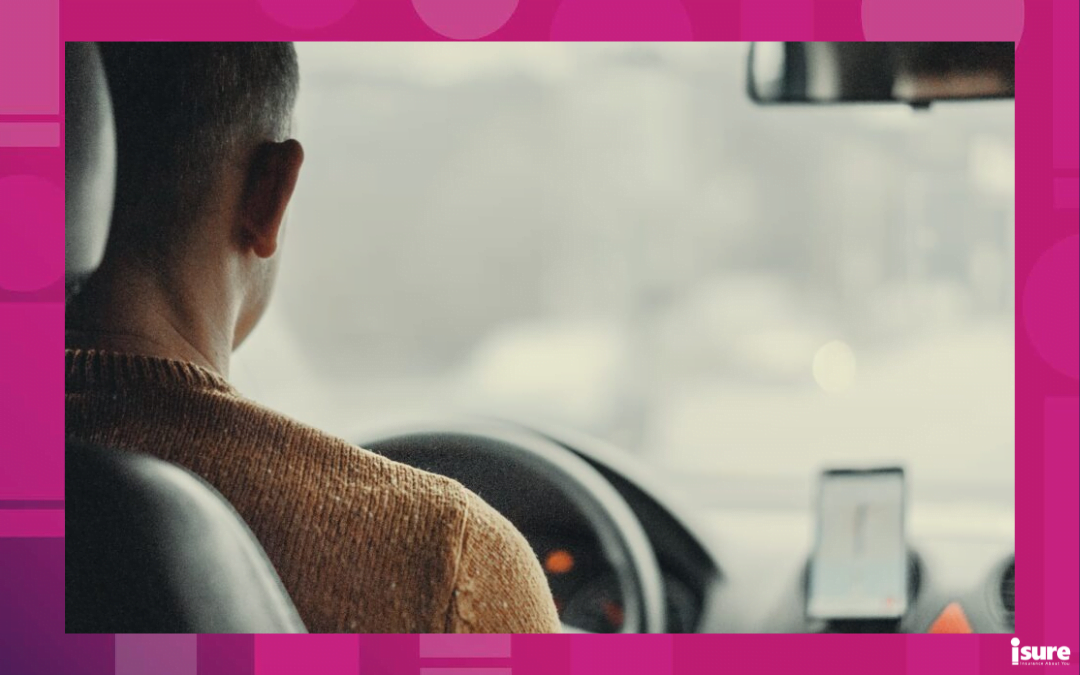Since its arrival in 2014, Uber has changed the commute for many Canadians. Many people have been turning to the ride-sharing company to get to their destination via a more personalized service. In addition, it offers those that own a car the opportunity to earn some extra part-time cash. When the revolutionary service began using hyper-modern technology to connect drivers to passengers, the insurance industry needed to catch up. Here is a brief rundown of the relationship between Uber drivers and insurance coverage.
Uber drivers in Ontario
As of September 1, 2020, drivers with Uber across Ontario will automatically receive commercial auto insurance issued by Economical Insurance whenever using the app. It is designed to help protect you while you’re performing ride-sharing and delivery services with Uber.
In between fares and deliveries, Uber’s own coverage kicks in to cover the vehicle during these times:
- Waiting for a fare
- Driving toward pickup points
- Driving toward destinations
At the end of your work day, drivers sign off from the app and their personal insurance offers coverage once more.
Uber’s own policy for its drivers only stays in force while the car is being used as an Uber taxi. Drivers need to maintain their own personal auto insurance policies in addition to this Uber policy.
Your insurance coverage, outlined
According to Uber’s website, here is a rundown of the coverage Uber offers drivers in between fares and deliveries:
- $1 million third-party liability coverage when you have signed onto the app and are waiting for a fare.
- $2 million liability protection the moment you (the driver) accept an Uber trip, which stays in force until your passenger exits the vehicle.
- Statutory Accident Benefits coverages are included.
- $2 million in coverage for uninsured/underinsured in case you’re in an accident with a vehicle that is not properly insured, or a hit-and-run.
- Property damage coverage that pays to repair your vehicle if it is damaged in an accident and not entirely your fault.
- Collision coverage and comprehensive coverage that pays for damage to the vehicle, subject to a $1,000 deductible.
Note that damage collision coverage only applies if the vehicle is also insured for collision and comprehensive coverage on the owner’s personal auto policy.
To view the commercial auto insurance policy offered by Economical Insurance, please click here.
Does my insurer need to know I drive for Uber?
Absolutely! You’ll need to contact your car insurance company before signing up to be an Uber driver. While Uber provides its own direct insurance to its drivers, Ontario’s insurance companies will need to calculate their own assessments of risk for vehicles serving as part-time taxis. Before signing on as an Uber driver, it is essential to thoroughly review your personal insurance policy. Some policies contain lists of exclusions, which often includes what is called “driving for hire.”
Uber drivers and ride-sharing
Contrary to popular belief, just because you own a vehicle and have insurance doesn’t mean that you are eligible to ride-share for profit. To be eligible for the ride-sharing insurance our insurance partners offer, drivers must meet several key criteria. Some of these include:
- You must hold a valid Canadian or U.S. driver’s licence for at least six years
- For some providers, you can’t use your vehicle for ride-sharing for more than the maximum number of hours outlined in your policy
- You can’t use your vehicle for other commercial purposes (deliveries, transporting finished goods, towing, etc.)
- Only the drivers listed on the ride-sharing policy can transport passengers for pay
- Some policies only allow two ride-share vehicles per household
How to become an Uber driver
To qualify as an Uber driver in Ontario, the requirements are:
- You must be 21 years of age or older.
- Have a valid Ontario G driver’s licence.
- Proof of work eligibility.
- Personal insurance coverage and vehicle registration.
- Some cities require additional background screening.
- A Safety Standards Certificate is issued once you provide this information along with a vehicle inspection.
- You must have a vehicle that’s 10 years old or newer. The exception is in the City of Toronto where vehicles have to be seven years old or newer.
- Only four-door vehicles in good condition are permitted.
Common ride-sharing questions
What are the laws around this coverage?
It is important to understand that if you are driving your vehicle for personal use and not logged in to accept rideshare requests from customers, that the Uber insurance policy does not apply. Under these circumstances, your personal policy would apply and the coverage limits based on your personal policy. For this reason, it is recommended that you review your insurance policy details and ensure that you have the proper coverage.
Does my personal auto insurance policy cover driving for food delivery services, like UberEats or Skip the Dishes?
Basically, no. Carrying passengers for hire and making deliveries for services like Uber and UberEats are rarely covered under a standard auto policy. You would have to notify your isure broker to inform them that there’s been a change in the way that you are using your vehicle.
Are there specific vehicle requirements?
According to the Uber website, to drive with Uber in the Greater Toronto Area, your vehicle must meet these minimum requirements:
- 4-door vehicle with independently opening doors
- Good condition with no cosmetic damage
- No commercial branding
- No salvaged or rebuilt vehicles
- Snow tires or all-weather tires installed from December 1 until April 30 the following year (Only required for PTC licensed drivers in the City of Toronto and City of Mississauga)
- Pass a vehicle inspection by a licensed mechanic
What happens If I get into an accident while driving for Uber?
UberX provides insurance for bodily injury and property damage to third parties. You are responsible to ensure that you have adequate insurance for your vehicle and yourself.
While the Uber insurance Ontario policy has come a long way in protecting ride sharing drivers and their vehicles, it is best to talk to one of our isure insurance brokers to ensure you and your vehicle are properly insured and protected and to avoid any unpleasant surprises.




